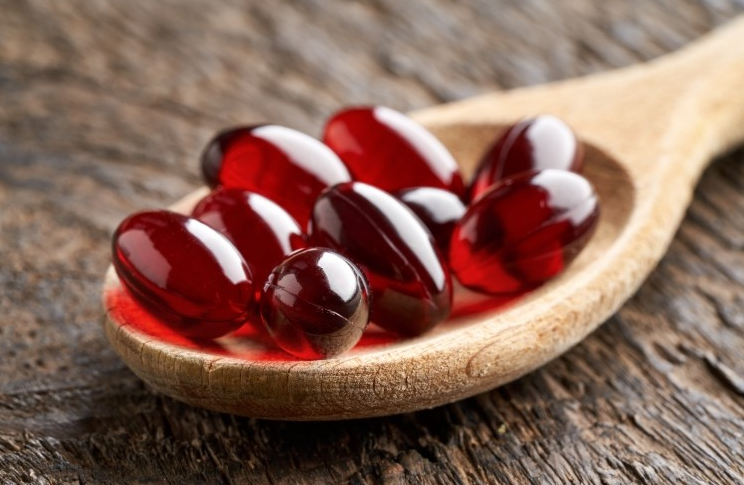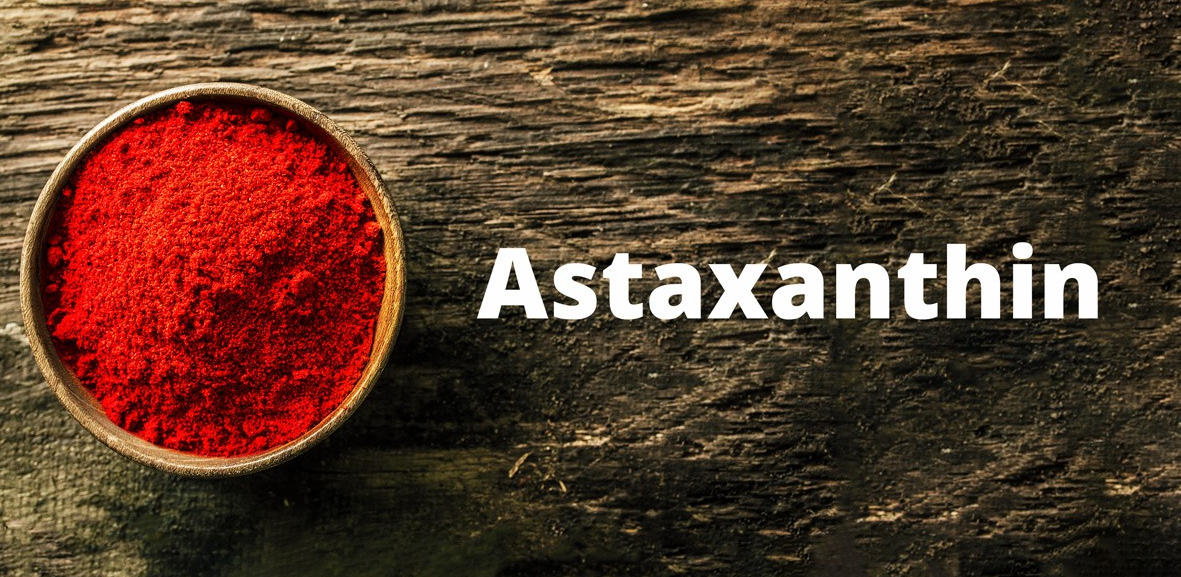Categorias
- Blogue (60)

Astaxanthin is found in numerous natural dietary sources such as salmon, camarão, lobster, trout, and crab, but it is also available in supplement form for topical or oral use.
Astaxantina is a kind of carotenoid antioxidant, also named Haematococcus Pluvialis Extract It is a natural red pigment and has a variety of biological functions. It is widely used in the fields of medicine, comida, and cosmetology. Astaxanthin has been gaining immense popularity in skincare due to its numerous potential benefits for the skin.
Some of the most notable benefits of astaxanthin for the skin include:
One of the most notable benefits of astaxanthin for the skin is its potent antioxidant properties. Antioxidants protect the skin from environmental stressors such as UV rays, poluição, and free radicals. These environmental stressors can cause oxidative damage to the skin, leading to premature aging, rugas, and other skin issues. Astaxanthin is thought to be one of the most potent natural antioxidants known to man, with a unique ability to neutralize free radicals and repair cellular damage. This makes it an excellent ingredient for protecting the skin against oxidative stress and promoting cellular regeneration.
Astaxanthin is known for its anti-inflammatory properties. Inflammation is one of the leading causes of skin aging and can trigger the breakdown of collagen and elastin, leading to wrinkles and skin sagging. Astaxanthin helps to slow down the inflammatory response in the skin, reducing redness, irritation, and inflammation. Studies have shown that astaxanthin can also help treat several skin conditions such as psoriasis, rosacea, and acne. This is due to its ability to reduce inflammation and promote healing in the skin.
Astaxanthin has been shown to provide excellent protection against UV damage. UV rays from the sun can penetrate the skin, causing cellular damage to the DNA and leading to premature aging. Astaxanthin promotes cellular repair and regeneration, reducing the signs of aging caused by UV rays. Astaxanthin also helps to protect the skin from sunburn and can help to prevent skin cancer. When applied topically, astaxanthin can penetrate the skin and provide long-lasting protection against harmful UV rays.

Astaxanthin has been shown to have excellent moisturizing properties for the skin. It helps to improve the skin’s barrier function, preventing water loss and improving hydration levels. This makes it a perfect ingredient for those with dry and dehydrated skin. Astaxanthin also helps to promote healthy skin cell turnover, improving skin texture and reducing the appearance of fine lines and wrinkles. It helps to plump the skin, giving it a more youthful and radiant appearance. It can help cells secrete more collagen and elastin, improve skin moisture retention and elasticity, and make the skin more elastic and smooth.
Astaxanthin is known for its anti-aging properties. It helps to promote cellular repair and regeneration, reducing the signs of aging caused by environmental stressors such as UV rays and pollution. Astaxanthin helps to improve skin elasticity, reducing the appearance of fine lines and wrinkles. It also helps to improve skin tone and texture, giving the skin a more youthful appearance. Regular use of astaxanthin can help to slow down the aging process and keep the skin looking youthful and radiant.
Astaxanthin has been shown to have skin-brightening properties. It helps to reduce the production of melanin, the pigment responsible for dark spots and hyperpigmentation. This makes it an excellent ingredient for those with uneven skin tone and dark spots.
Astaxanthin can also improve skin whitening and anti-inflammatory ability. It can improve the appearance of spots and freckles on the skin, reduce the occurrence of acne and other skin problems, and improve skin tone.
In summary, astaxanthin has a wide range of biological functions, including UV protection, antioxidant activity, whitening ability, anti-inflammatory ability, moisturizing ability, and elasticity enhancement. It is widely used in cosmetology and has a good market future.
Referência: